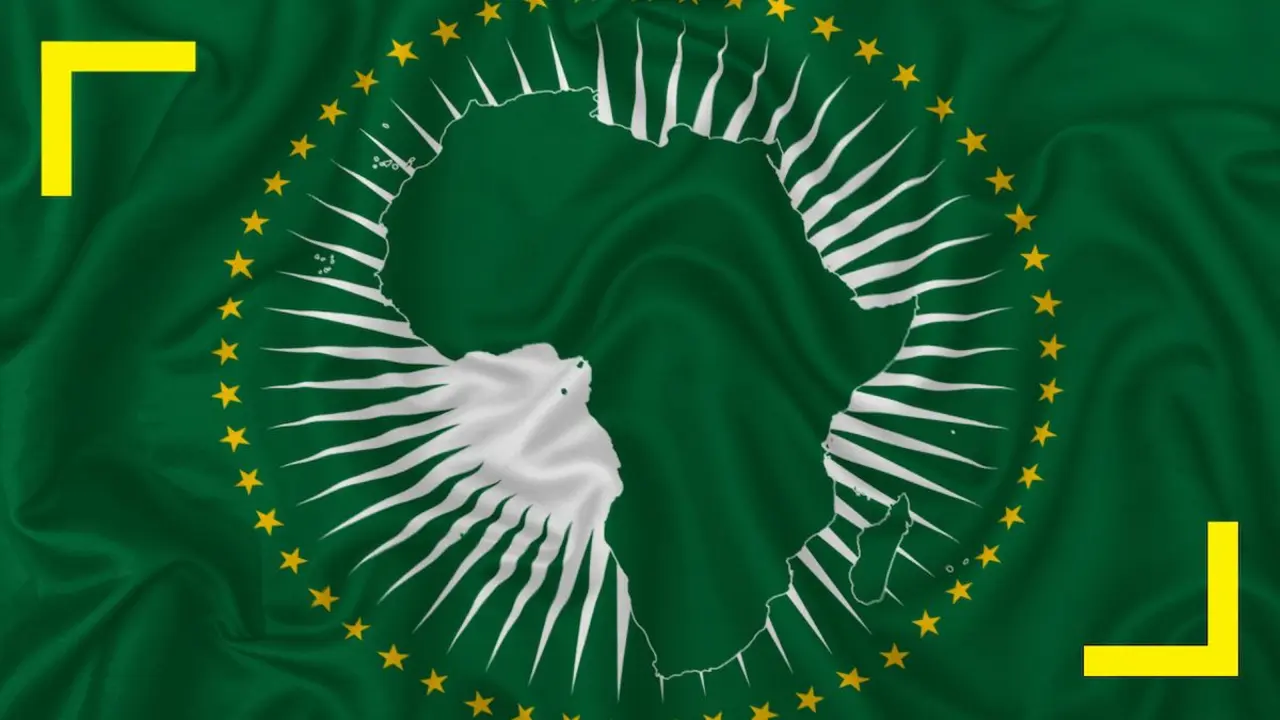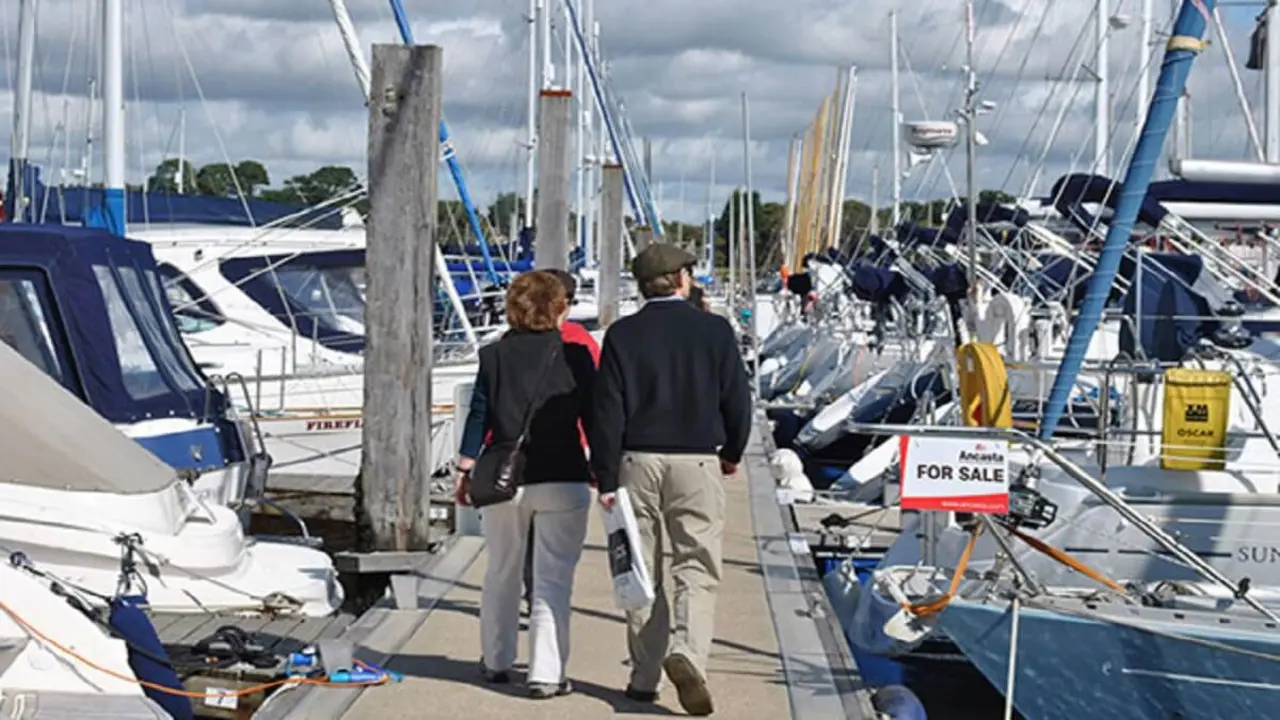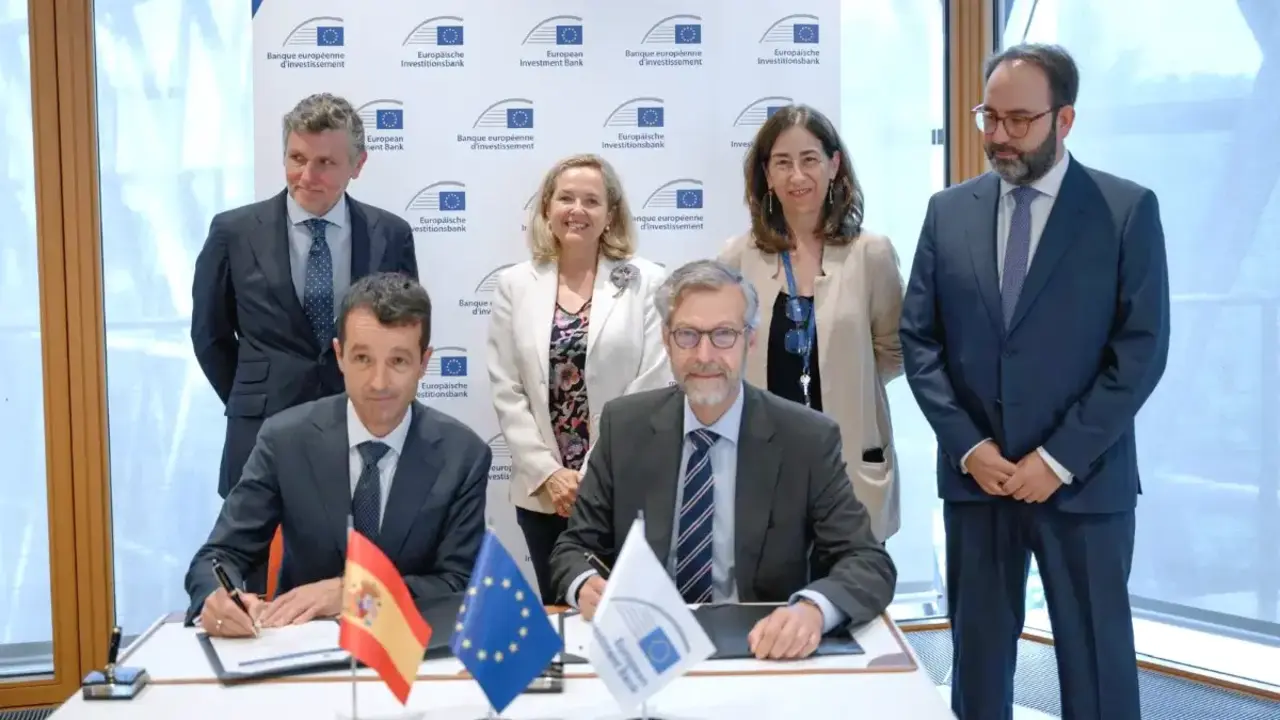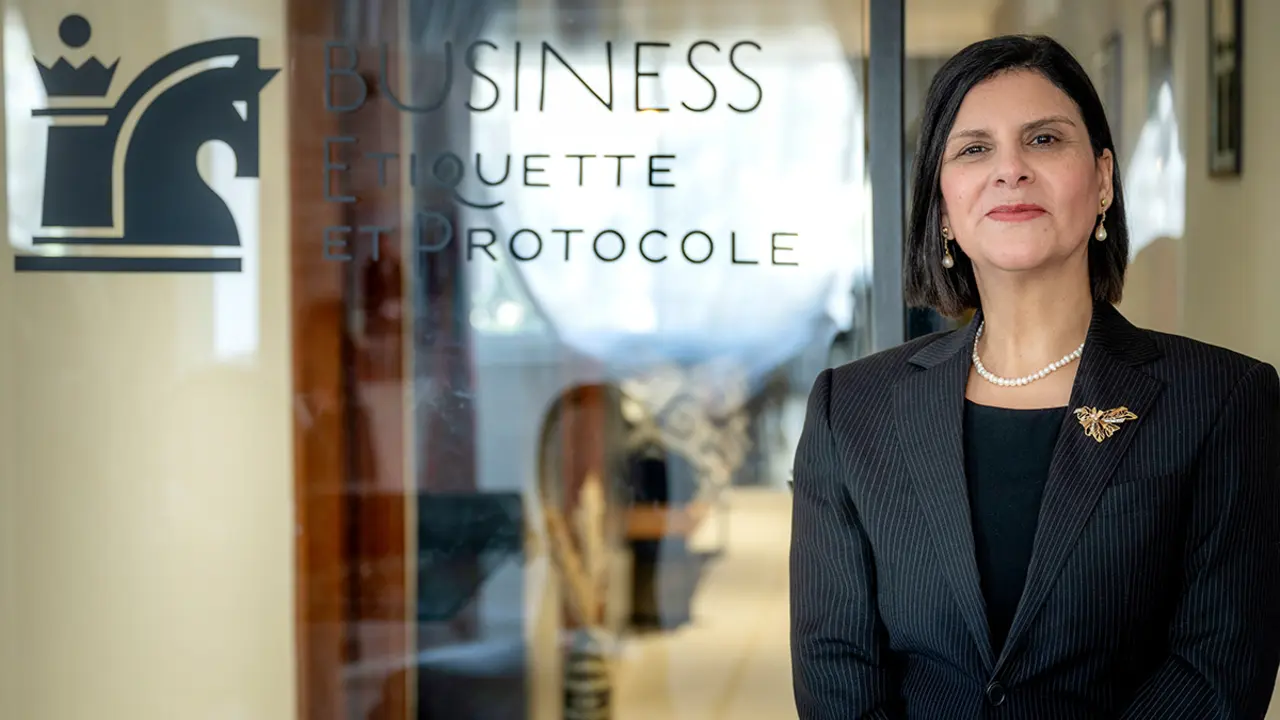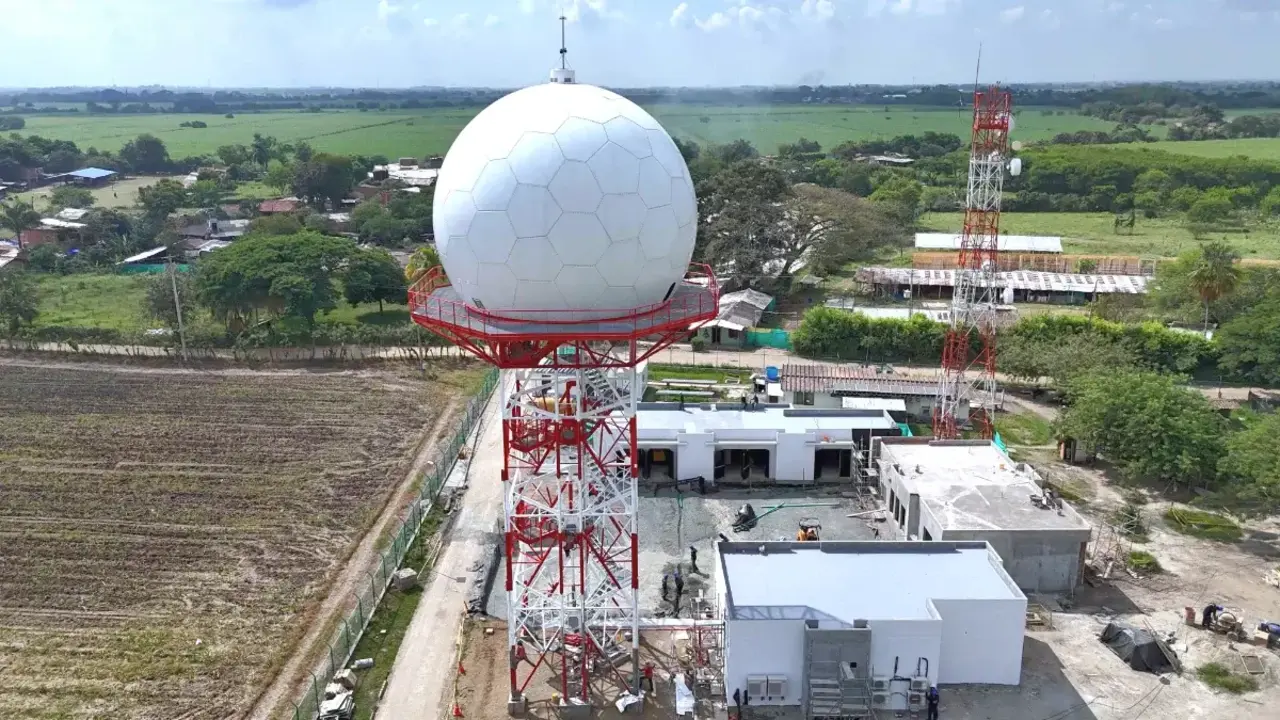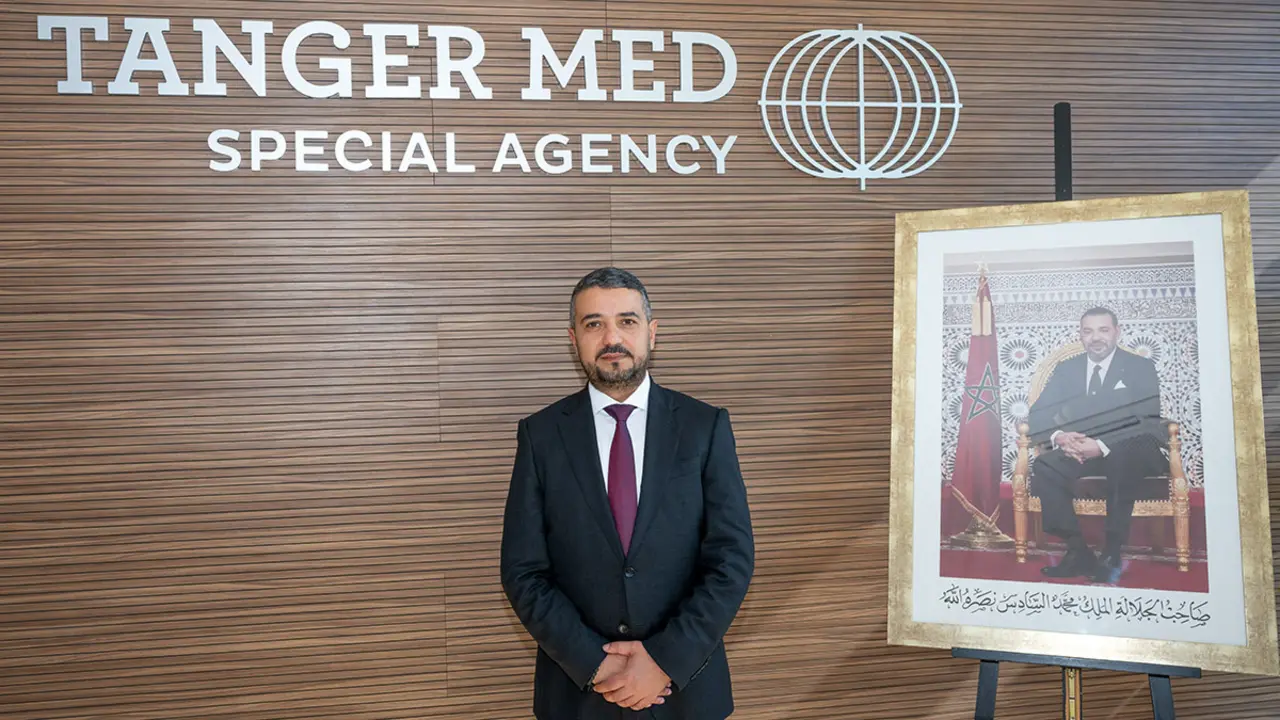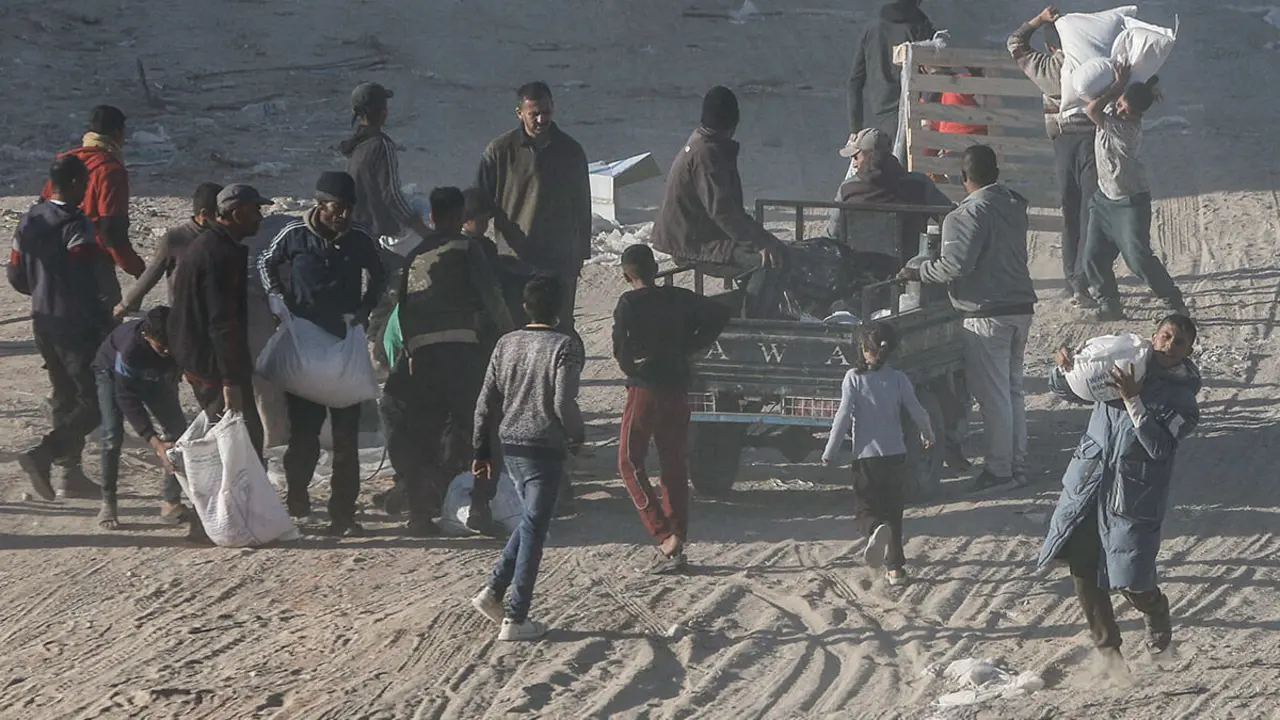Experts recommend Spanish companies to prioritise security, sustainability and political stability when choosing a country to do business in

Experts brought together by the Spanish Exporters and Investors Club and Iberglobal to analyse the effects of the new global geopolitical strategy on business internationalisation have recommended that Spanish companies operating abroad should prioritise security, sustainability and political stability when choosing the countries with which to do business at this time of extreme complexity.
"The world is becoming increasingly complex and companies must be aware that major international changes have a great impact on their daily activities", said Enrique Fanjul, managing partner of Iberglobal, during an online conference that also included the participation of Tomás González, managing partner of the Expansion Department of Idom; Ricardo Santamaría, director of Country Risk and Debt Management at CESCE, and Antonio Bonet, president of the Spanish Exporters and Investors Club.
Enrique Fanjul added that the great geopolitical conditioning factor that today weighs on the decisions of internationalised companies is the division of the world into two great rival blocs: "On the one hand, the democratic Western countries, whose greatest exponents are the United States and the countries of the EU; and on the other, the authoritarian bloc with China, as its greatest exponent, and with the support of Russia".
The experts agreed that this situation will further aggravate the breakdown in value chains that international trade has been experiencing since the beginning of the pandemic. In this regard, Tomás González, Managing Partner of Idom's Expansion Department, pointed out that in this context of uncertainty "there will be an increase in costs in supply chains", among other reasons, due to the possible choice of closer suppliers and because many companies will have to increase their stock levels to protect themselves against possible disruptions. He also stressed that companies will have to analyse how to effectively pass on this price increase to their customers, "to avoid negative effects on their profit and loss accounts".
Ricardo Santamaría, Director of Country Risk and Debt Management at CESCE, expressed the same view, stating that "Europe would need to adopt a slightly more independent stance with respect to these blocs in order to increase its levels of self-sufficiency", to avoid being affected by problems such as those that have occurred recently in the international context.
In his opinion, geopolitics "has always been a conditioning factor" for internationalised Spanish companies", although he acknowledged that the situation has changed due to two factors: "The problems have materialised in greater geopolitical risk and much closer to home, especially since the start of the war in Ukraine, and the perception of these risks by companies and governments is now greater".
The speakers at the Exporters' Club agreed that, given the current complex situation, companies must set their international objectives taking into account the security of the countries with which they have relations, their sustainability and their political stability. "The purely economic factor is going to take second place when it comes to setting strategic objectives," said Ricardo Santamaría.
For his part, Enrique Fanjul predicted that the new situation will have a negative effect on trade flows and pointed out that companies and administrations will have to develop intelligence systems in order to adapt in an agile manner to the situations at any given moment.
CESCE's Director of Country Risk and Debt Management also highlighted the growth of India in recent years: "It is a country that is going to take over from China in world growth, so we must pay close attention to it". Ricardo Santamaría warned that, in a few years, the Indian giant will become the world's third largest economic power, leaving Germany and Japan behind, since "India has a large young population, which continues to grow, as well as having become a leader in some sectors such as IT services", he stressed. He added that India "is going to become a key player in this geopolitical disruption, especially because of its ability to maintain both trade and diplomatic relations" with both blocs, while maintaining its own stance on international affairs.

